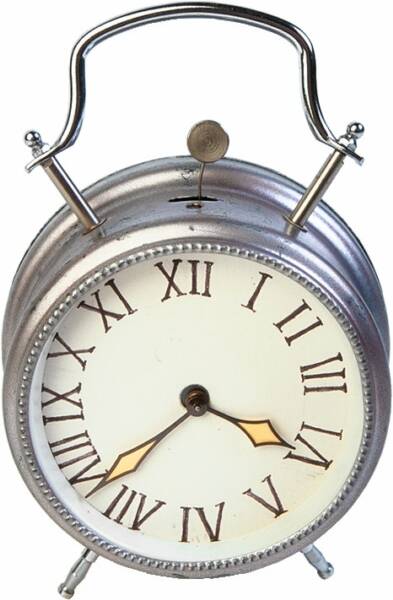Health First
How Sleep Wins
1. Four out of five American youth are sleep deprived
According to the National Sleep Foundation, four out of five Americans age 11-17 are sleep deprived. Experts recommend that school-age children and teens should get nine hours of sleep a day. Most get one to two hours fewer than that, and many get even less sleep. This is no big deal on any given day, but when this happens on a regular basis, chronic sleep deprivation sets in. It is also worth noting that the large majority of parents are unaware that their children are sleep deprived.
2. Sleep deprivation is harmful to youth development
In any given situation, sleep deprivation can hinder awareness, thought processing, decision making, and reaction time. Over time, chronic sleep deprivation can alter metabolic processes essential for good physical and mental health. Studies show that sleep deprived youth are more susceptible to academic trouble, depression, lack of energy, and various other physical problems. Most recently, more attention is being given to the connections between sleep deprivation and childhood obesity, and sleep deprivation and drowsy driving among teens.
3. Sleep deprivation impairs athletic performance
It is no surprise that sleep deprivation impairs athletic performance as well. Here's how:
- In competition, prolonged sleep deprivation can muddle an athlete's awareness, decision making, and reaction time. Athletic performance cannot help but suffer as a result.
- In training, sleep deprivation can hinder an athlete's energy balance and muscle & tissue recovery. Sleep deprivation can affect normal metabolic function, including the production of glucose and cortisal. Glucose is a primary source of energy for athletes. Cortisol is essential for tissue repair and growth. Over time, abnormal levels of glucose and cortisol caused by sleep deprivation can sap an athlete's energy and diminish the athlete's ability to recover from heavy training.
- Lack of sleep can also limit an athlete's ability to deeply learn new skills. The human brain continues to learn subconsciously while we sleep. That's one reason athletes struggle to learn something new on one day, but be much more proficient on the following day. Overnight, the new skill has had a chance to 'sink in' a little deeper. When athletes are routinely deprived of adequate sleep, this learning advantage is compromised..
4. Promoting Proper Sleep
As funny as it sounds, sleep wins. We can help our athletes stay healthier and performance better by proactively promoting the value of adequate sleep.
- Teach your athletes that sleep wins. Encourage your athletes to view adequate sleep as a winning practice essential for both recovery from training and peak competitive performance. Talk about sleep alongside good nutrition and proper hydration as essential core heath activities of serious athletes.
- Think carefully about the impact of the athletic schedule on the 'sleep banks' of your athletes. Weigh the value of early morning practices against the overall recovery needs of your athletes. If you have to hold early morning practices, be aware that they are likely to underperform for reasons beyond their complete control. Also work with your athletes to help them maintain a reasonable sleep schedule around morning practices. Also encourage parents (rather than athletes) to drive to early morning practices so that athletes can avoid drowsy driving risks.
- Educate parents about the importance of sleep for their athletes. Studies show the vast majority are unaware of their children's chronic sleep deprivation
5. Learn More
Articles 1-4 in the Learn More box are good educational resources for parents. Articles 5-7 are good resources for learning more about the impact of sleep deprivation on athletic performance.
